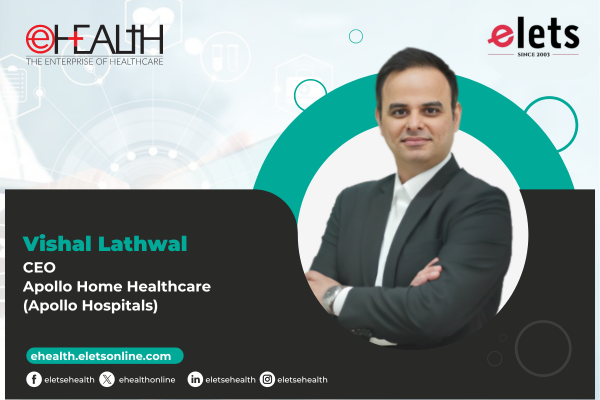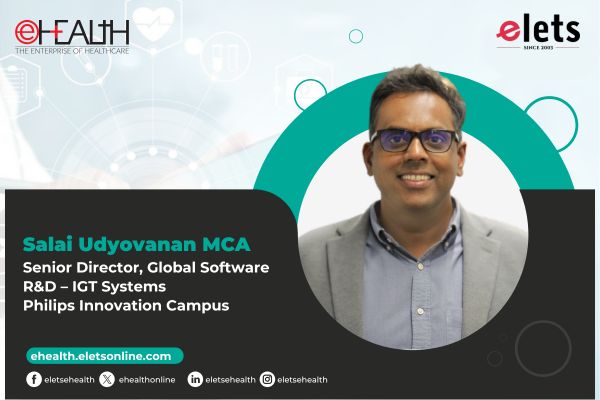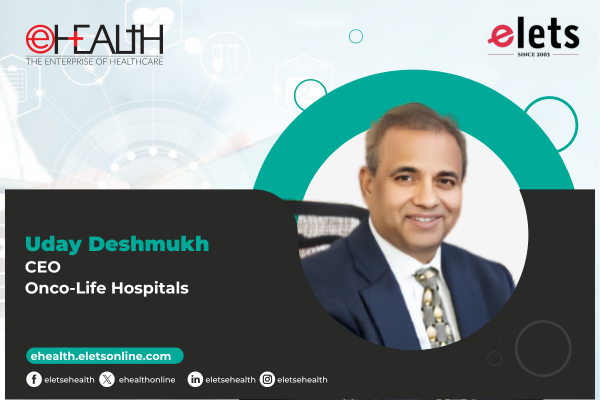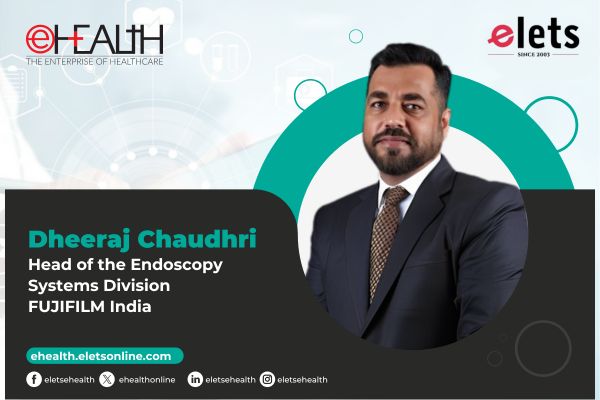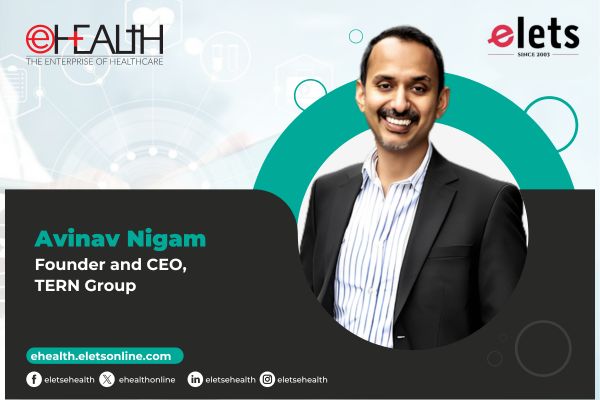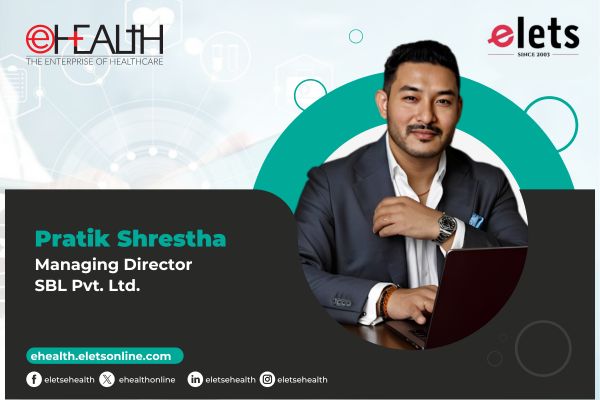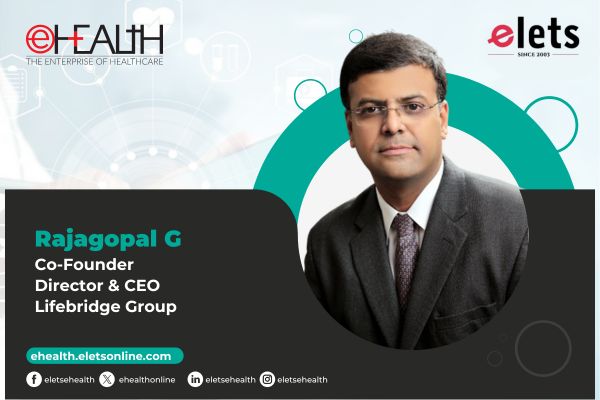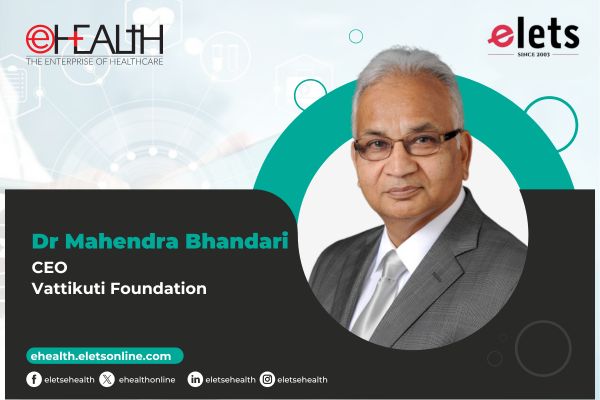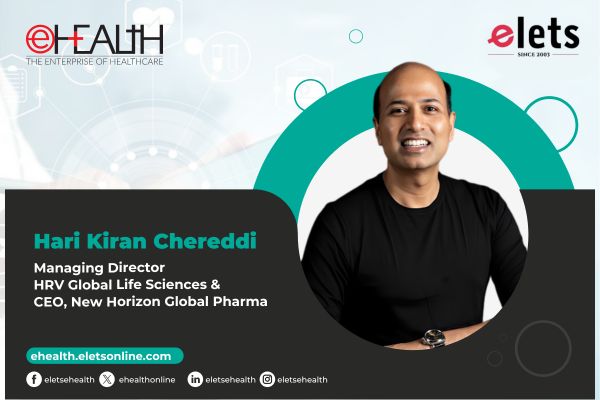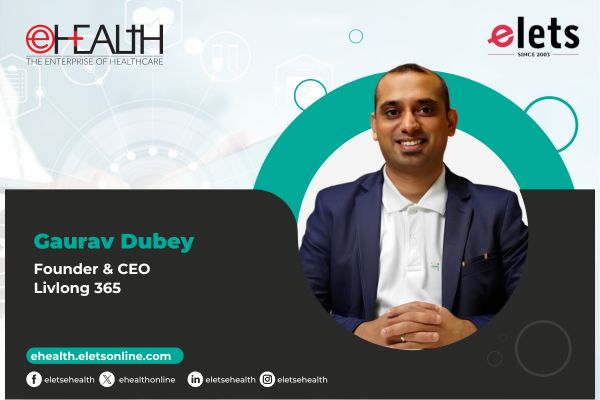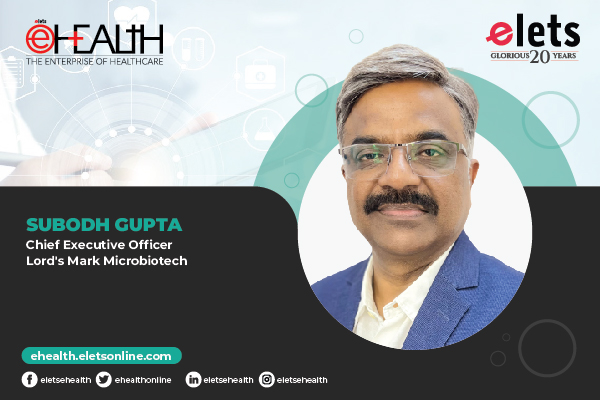
Collaborations with medical experts and research institutions enhance their credibility. Through these strategic efforts, we aim to expedite regulatory approvals without compromising patient safety explores Subodh Gupta, Chief Executive Officer, Lord’s Mark Microbiotech with Kaanchi Chawla of Elets News Network (ENN). Edited excerpts:
Data security and patient privacy are critical concerns when adopting new technologies. How does Lord’s Mark Microbiotech ensure the confidentiality of patient data and compliance with regulations?

Speaking of data confidentiality, we utilize Biotracker™ by Ocimum Biosolutions to manage and track information at every stage of the process. Our IT structure is capable of ensuring the confidentiality of patient data while securely retaining all records in our systems. Being an Indian organization, the control of the systems is private and aligned with the country’s regulations.

For Lord’s Mark Microbiotech, security is of paramount importance, and we assure every patient who undergoes the test that their data is secure with us. We have a special mechanism in place to ensure that nobody within the system knows the patients’ personal demographic background and genetic information. The patient’s information is restricted solely to the genetic counsellor who provides guidance. Recognizing the privacy concerns of the patients, no one in the system has access to their data, as everything is encoded.

Despite the benefits of telemedicine, certain medical conditions may still require in-person care. How does your organisation envision striking a balance between virtual and physical healthcare delivery?

Lord’s Mark Microbiotech envisions a comprehensive approach to address the balance between virtual and physical healthcare delivery. While recognizing the benefits of telemedicine for certain medical conditions, the company understands that some cases necessitate in-person care. To achieve this, we have developed a hybrid model that combines virtual consultations and diagnostics with strategically located physical healthcare centres across India. Our genome test products are made available not only through our website but also through doctors, hospitals, and healthcare centres, which will be serviced by our field force, catering to the common people of our country. This approach ensures accessibility, convenience, and personalized attention, allowing patients to receive the most appropriate care while embracing the efficiencies of telemedicine where suitable.
Breakthrough biomedical innovations often face regulatory hurdles. How does Lord’s Mark Microbiotech navigate the regulatory landscape while ensuring timely market access for patients who can benefit from these innovations?
We acknowledge the significance of the regulatory landscape and the timely access needed to benefit patients in need. Consequently, we have embraced a multi-pronged approach to tackle these challenges. Our team engages proactively with regulatory authorities, nurturing open communication to align our innovations with established guidelines. By adhering to rigorous quality and safety standards, our team streamlines the approval process for preventive genome testing. This is achieved by ensuring the testing kit is delivered within 48 hours and arranging for its collection after the test is completed and the sample is ready.
Concurrently, we are investing in comprehensive clinical trials to produce robust evidence of the efficacy and safety of our innovations. Collaborations with medical experts and research institutions further enhance their credibility. Through these strategic efforts, we aim to expedite regulatory approvals without compromising patient safety. Ultimately, our goal is to ensure that groundbreaking medical advancements reach those who can benefit from them in a timely and responsible manner.
As AI-driven healthcare technologies become more prevalent, how does your company address concerns about the potential for biased algorithms influencing medical decisions?
Although we employ the latest software and programmes to generate genetic reports capable of providing valuable insights into a patient’s genetic makeup and potential predispositions to certain conditions, the final decision regarding treatment should indeed be made by qualified medical professionals, such as doctors. Genetic reports can offer valuable information about a patient’s genetic risks, susceptibilities, and potential responses to certain medications, aiding doctors in making informed decisions.
Unlike AI-driven healthcare technologies, doctors consider a multitude of factors when determining the most appropriate treatment plan for a patient. These factors include the patient’s medical history, current health status, symptoms, preferences, and the latest medical guidelines and research. Genetic information can provide additional context regarding the patient’s risk profile based on their genetic predispositions.
Ultimately, the collaborative decision-making process between doctors and patients remains crucial. Patients should actively engage with their healthcare providers to discuss the implications of their genetic reports, understand their options, and make informed decisions about their treatment plans based on the combined expertise of medical professionals and the patient’s own preferences and values.
AI-powered chatbots are being increasingly used for patient support and medical advice. What safeguards are in place to ensure that these chatbots provide accurate information and do not replace professional medical consultation?
While technology and tools like AI and bots can provide valuable assistance in various aspects of medical care, they cannot replace the nuanced clinical experience, critical thinking, and human touch that medical professionals bring to the table.
Clinical experience allows doctors to apply their knowledge in real-world scenarios, recognizing patterns, make informed decisions based on patient history and symptoms, and conduct physical examinations. Differential diagnosis, which involves considering a range of potential conditions that could explain a patient’s symptoms, requires a deep understanding of both medical knowledge and the context of the individual patient.
Moreover, the doctor-patient relationship goes beyond diagnosing and prescribing treatments. It involves empathy, understanding, and effective communication, which play a significant role in patient care and overall well-being. Medical professionals take into account not only the physical aspects of health but also the psychological, emotional, and social factors that can impact a patient’s health.
While AI and technology can assist medical professionals by providing access to vast amounts of medical literature, suggesting potential diagnoses, and offering insights based on data analysis, they lack the intuition, empathy, and holistic understanding that human doctors possess.
Be a part of Elets Collaborative Initiatives. Join Us for Upcoming Events and explore business opportunities. Like us on Facebook , connect with us on LinkedIn and follow us on Twitter , Instagram.
"Exciting news! Elets technomedia is now on WhatsApp Channels Subscribe today by clicking the link and stay updated with the latest insights!" Click here!






